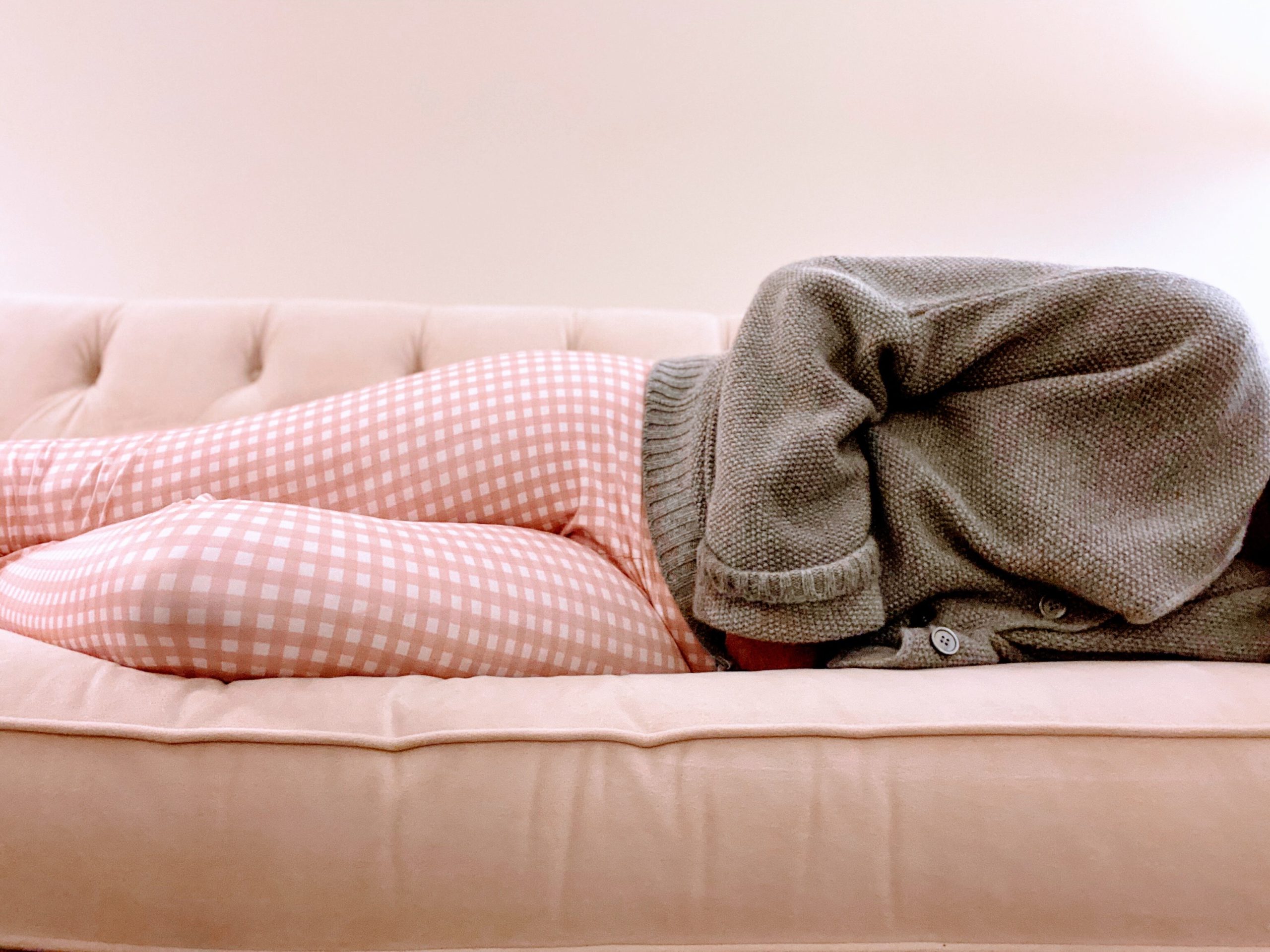Running to the toilet with diarrhoea and vomiting? It could be something you ate or a bug you’ve picked up – find out more about a common but unpleasant problem gastroenteritis.
What is gastroenteritis?
Gastroenteritis, or ‘gastro’ as it’s sometimes more commonly known, is where the lining of your gut – that’s your stomach and intestines – becomes inflamed usually as a result a bacterial infection.
Your doctor can help diagnose the cause of your gastro and recommend whether it is appropriate for you to treat and manage the problem at home.
While gastro is usually just an inconvenience and generally not a serious problem to most of us who are healthy – it can make you dehydrated and can become a more serious health issue for more vulnerable people, such as the very young or very old.
What are the symptoms of gastroenteritis?
Medically diagnosed gastroenteritis can be an unpleasant experience with stomach cramps, diarrhoea and vomiting being some of the typical tell-tale signs that something may not be right with your gut!
How severe your symptoms are and the types of symptoms you experience can vary – and they can often start suddenly.
Common symptoms include:
- Diarrhoea – the most common symptom
- Feeling sick (nausea)
- Vomiting
- Stomach pain or cramps
- Feeling bloated (with gas)
- Having a fever
- Not wanting to eat
- Feeling generally unwell, achy and tired
It’s important to seek medical advice if your symptoms are severe or last longer than 48 hours.
How do I treat gastroenteritis?
The type of treatment needed will depend on what symptoms you are experiencing – your doctor or pharmacist can help guide you.
Usually gastroenteritis only lasts for a few days and generally bed rest can help you feel better – although it’s very important to make sure you’re drinking adequate amounts of fluid so you don’t become dehydrated (which become a problem if vomiting and diarrhoea go on for too long).
- Drink plenty of fluids such as water or oral rehydration drinks (available from pharmacies and supermarkets) – even if you’re vomiting try to drink as much as you can, taking small frequent sips
- When you feel like eating again – trying small amounts of easy-to-digest bland food, e.g. plain crackers.
Sometimes you may want to use over-the-counter medications to help you feel more comfortable, or an anti-diarrhoea product which contains loperamide – such as Gastro-Stop – to help stop diarrhoea. However, it’s important to always ask your pharmacist or doctor for advice about whether these types of products are suitable for you.
How can gastroenteritis be prevented?
Gastroenteritis can be very contagious and easily spread from person to person or through contaminated food and water.
Here are a few general suggestions to help reduce the risk of catching or spreading gastro:
- If you have gastro – stay away from other people until you’re feeling better (until 48 hours after your symptoms have stopped)
- Wash your hands thoroughly and regularly with soap and water – particularly after going to the toilet or changing nappies, and before preparing or eating food
- Make sure you know how to store, handle and cook your food safely
- Clean surfaces in high risk areas regularly – such as the kitchen, toilets and bathrooms as well as baby change tables.

